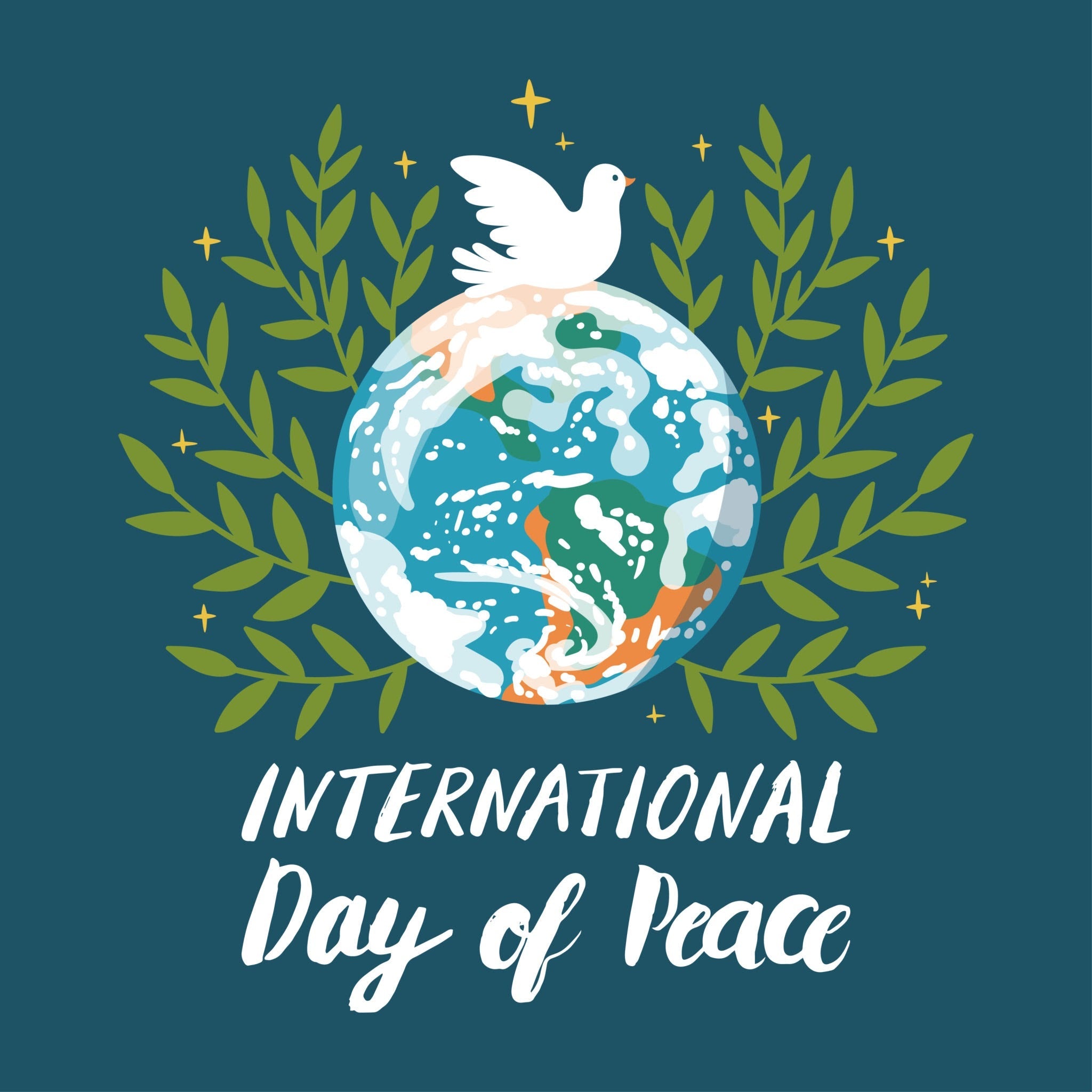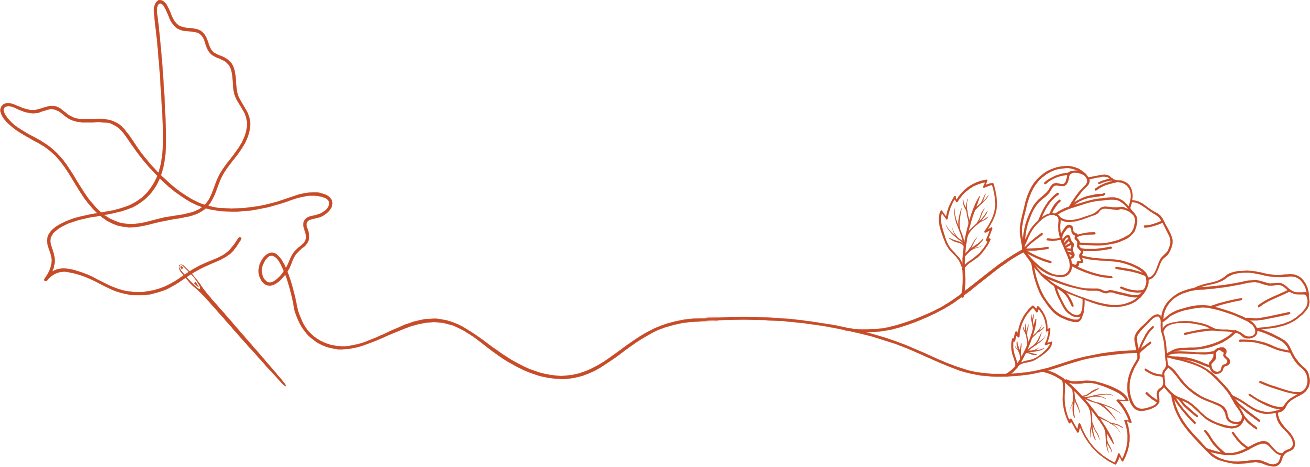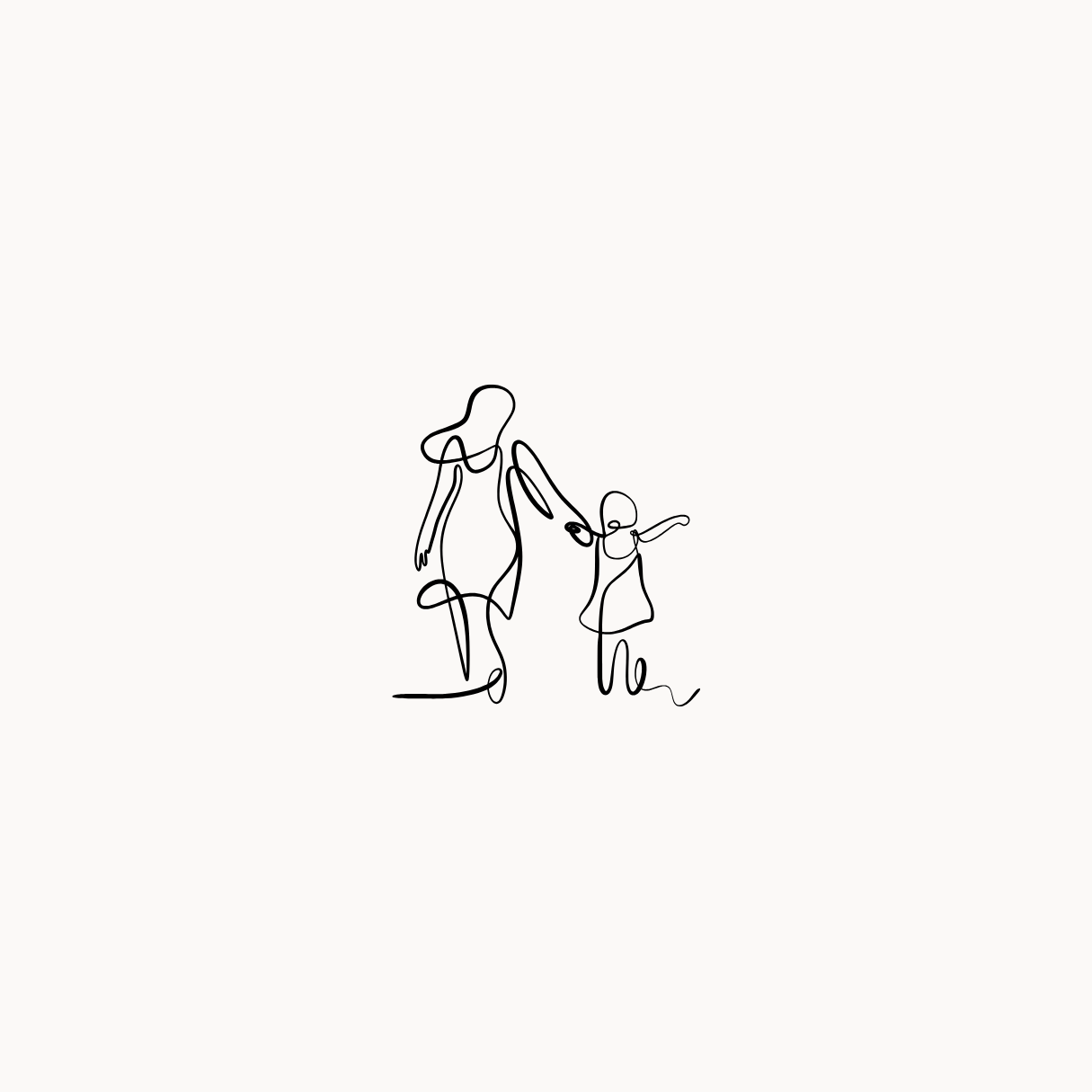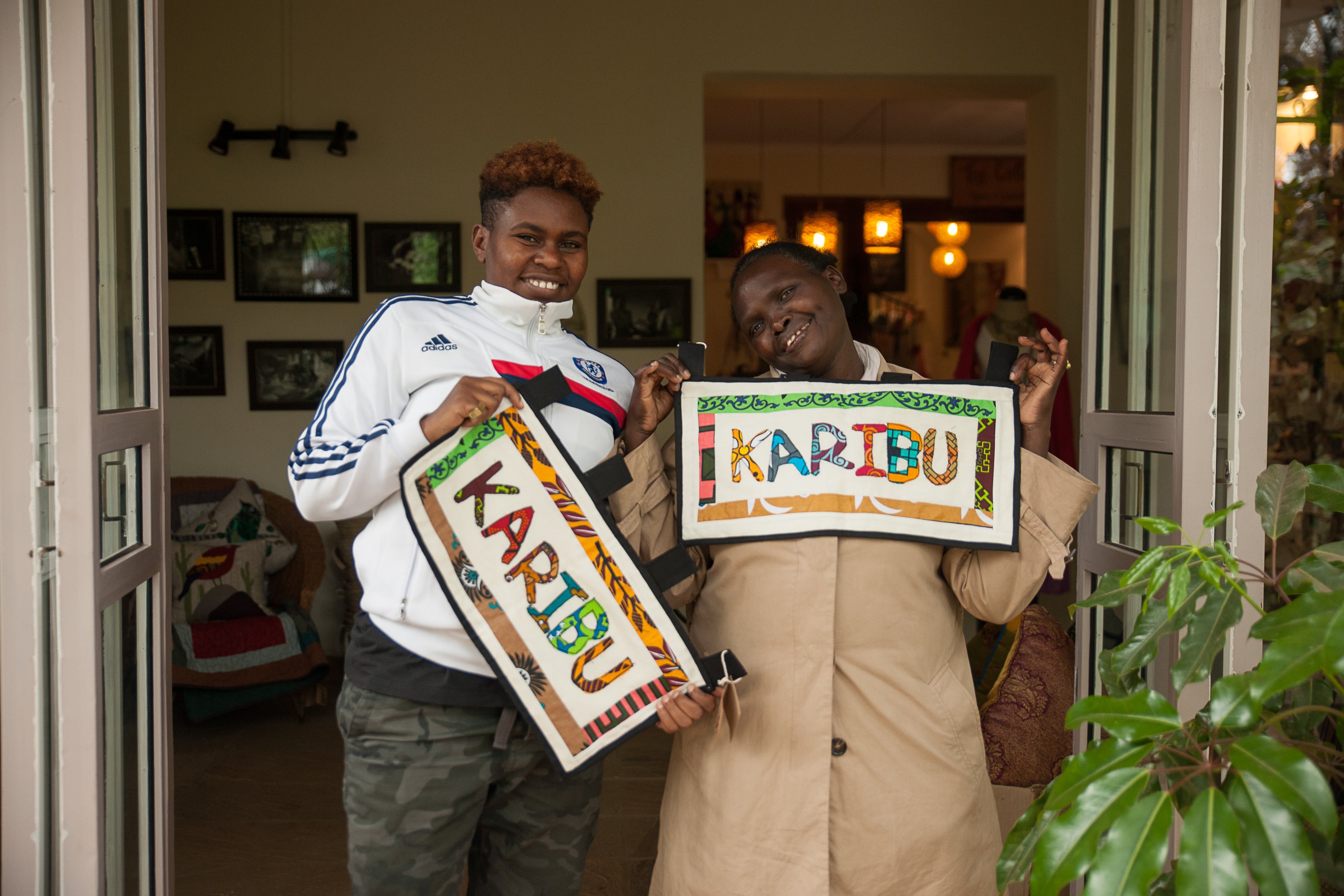Amani Watch Party
- Gather neighbors, family, friends, or the folks at church to watch videos or a documentary about women around the world. Below are clips and questions relating to 5 movies that bring to light different issues affecting people (mostly women and children) around the world. Find something that resonates with your community.
- Reflect together on what you've learned from the film and how you might begin to engage issues present in your own community.
- Respond by considering practical steps -- like buying fair trade products made by women's projects (*wink wink*) -- that support work that empowers women around the world. Hosting an Amani sale in conjunction with the viewing and discussion naturally connects a realistic response to the need.
-----------------------------------------------------------------------------------------------------------------
Half the Sky: Turning Oppression into Opportunity for Women Worldwide
This documentary, based on the best selling book by Nicholas Kristof and Sheryl WuDunn, tells the stories of women around the world who experience and challenge oppression. It honestly discusses the injustices faced by so many women: discrimination, unequal access to education, abuse, and sale into the sex trade, among other issues. While it tells heavy stories, “Half the Sky” gives a hopeful picture of the courageous individuals confronting systems of oppression and working to create a world in which women can flourish. Watch the premier on your local PBS station on October 1 & 2 (check local listings for times). Or, go to the PBS website to watch clips from the film: http://www.pbs.org/independentlens/half-the-sky/video/ Discussion Questions:- What story did you find most compelling?
- What did you notice about the people working to confront oppression in their communities?
- What are practical ways you can engage issues of inequality in your community and around the world?
-----------------------------------------------------------------------------------------------------------------
War/Dance Based in Uganda, this documentary tells the story of children from Northern Uganda who participate in Uganda’s nationwide youth dance competition. The children followed in the film have all been affected in some way by the violence that long plagued their home region. These children lost family members, were abducted, or were forced to serve as child soldiers for the rebel militias that wrecked havoc in the communities. Despite difficult and traumatic experiences, their stories are moving and, in many ways, hopeful. They share a sweet and simple love of dancing and singing. They are proud their cultural traditions and want to bring honor to their communities. This beautiful film reminds us of the vulnerabilities of women and children in areas affected by violent conflicts, while showcasing the strength and joy of the human spirit. “War/Dance” is available on Netflix Instant. Discussion Questions:- In what ways do you feel that you could relate to the children in this film?
- A central theme seems to be that of not being afraid to dream. What do you think we can learn from the children?
- What did you find most hopeful about the film?
-----------------------------------------------------------------------------------------------------------------
As We Forgive Reconciliation is a long and difficult process. As We Forgive chronicles the journey towards peace and forgiveness of individuals in Rwanda. In the film we meet people whose lives were forever changed by the 1994 genocide: people who lost family and loved ones targeted by ethnic cleansing, and people who killed their neighbors. These people represent different sides of a bitter and painful conflict, and as we get to know them throughout the film, they begin working toward reconciliation. An honest look at the road to healing after such tragic and violent events. Got to the “As We Forgive” website to find out about how to host a screening. Discussion Questions:- In the film, one of the people interviewed says, “Forgiveness is not human, it’s divine.” Do you think that is true? Why or why not?
- What can these stories teach us about our own need to forgive or be forgiven?
-----------------------------------------------------------------------------------------------------------------
Born into Brothels This film documents one Zana Briski’s experiences in one of India’s notorious brothels. Briski went to Calcutta to photograph prostitutes, but when she entered the brothels she met many children. After spending time with these children and being moved to share their stories, she gave them cameras for them to document their lives in the brothels. Eventually, she raises money to put the children through school by showing the photographs at an international art show. Ultimately, this is an important look at what life can be like for people in a red light district. “Born into Brothels” is available on Netflix DVD. Discussion Questions:- How can art be an important tool for encouraging self-expression? Where else have you seen this be true?
- The makers of this film have been criticized for projecting the filmmakers’ perception of India onto the children and their mothers. Do you think that is a fair critique? Or, do think the children’s voices and perspectives are heard?
- Can long-term change can come from outside of a community, as the filmmakers attempt to do?
-----------------------------------------------------------------------------------------------------------------
Babies
A lighthearted documentary that follows the first year of life of four babies. Each of the children followed come from different corners of the earth: San Francisco, Tokyo, rural Mongolia, and rural Namibia. This is a sweet film about the development and everyday lives of babies. The children and their families share many similarities despite the stark differences in culture, race, socioeconomic status, education, and place. A funny, interesting, and thought-provoking watch. “Babies” is available on Amazon Instant or Netflix DVD. Discussion Questions:- What does this teach us about the universal experiences and needs of people all over the world?
- Were there any disparities that were especially striking?
- Did watching this raise any concerns about infant or maternal health?
- Did you have a favorite baby? :)






Leave a comment
This site is protected by hCaptcha and the hCaptcha Privacy Policy and Terms of Service apply.